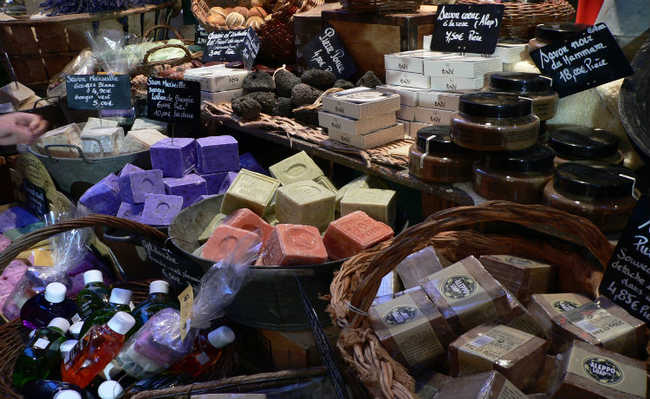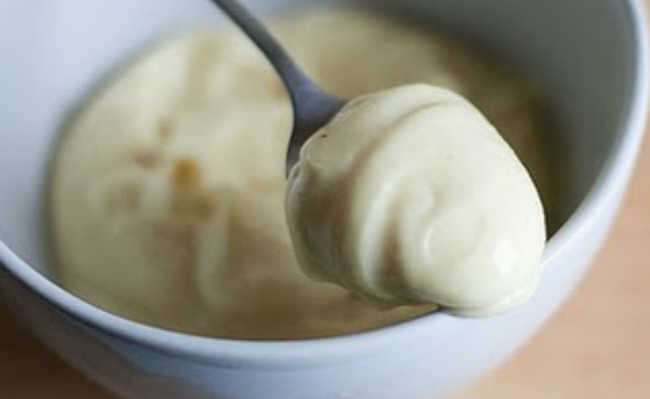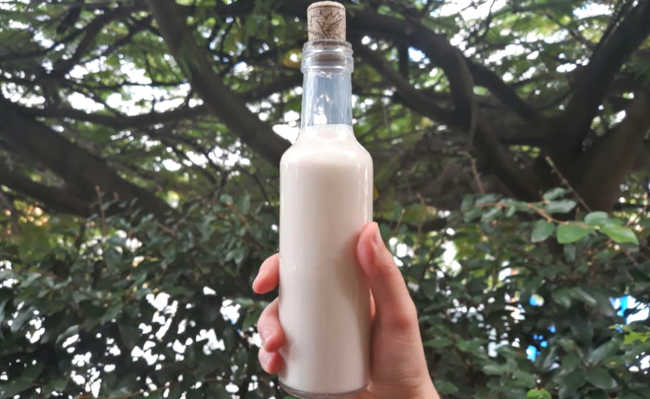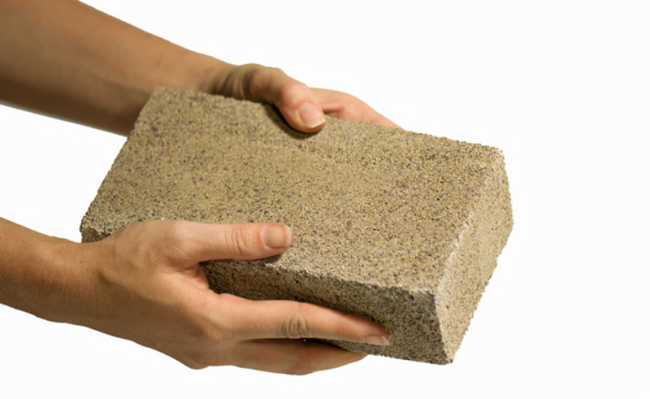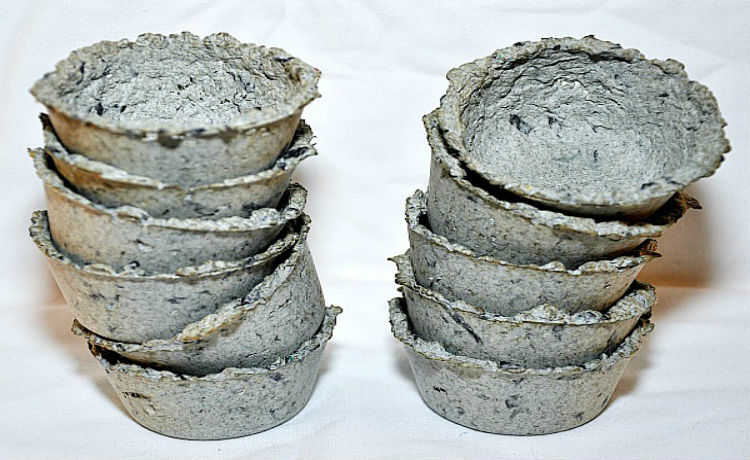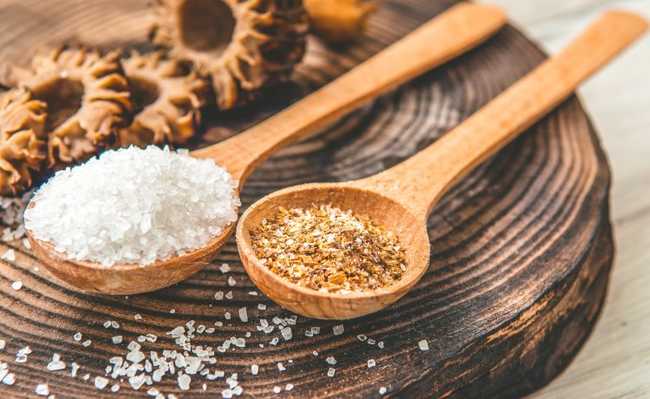Diarrhea Remedy: Six Home-Style Tips
Check out a list of six types of home-style diarrhea remedies
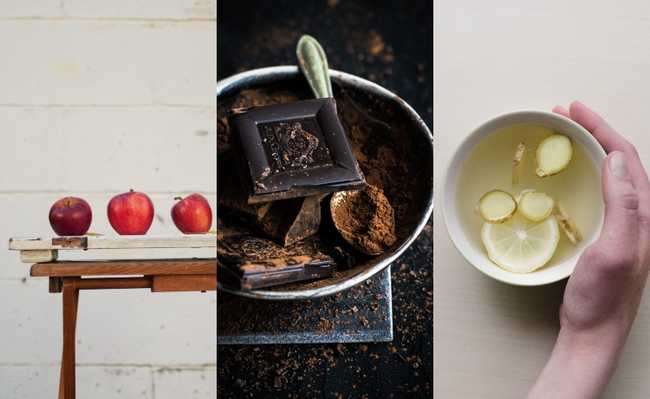
Superloop, Monika Grabkowska and Dominik Martin images available in Unsplash
Who has never had a diarrhea attack, let's throw the first stone! This discomfort, which has already appeared in most people, has as its main symptom the excessive frequency of going to the bathroom. But not only that, the person with diarrhea still presents as symptoms watery or very soft stools, accompanied by abdominal cramps and bloating.
The frequency and duration of diarrhea depends on how each organism deals with gastrointestinal disturbances. But in general, acute diarrhea lasts less than two weeks and can have several causes such as:
- viral infection
- Bacterial infection
- Food poisoning
- Recent use of antibiotics
- Ingestion of water contaminated with an infectious agent
Infectious diarrhea is more common in young children and is usually caused by a virus. Sometimes, it usually appears on trips, when a person's intestine is not prepared to receive local food, or when the quality of water treatment is inferior to that of the country of origin. Improperly stored foods can also be sources of bacteria causing food poisoning.
Below are some home-style diarrhea remedy tips. But remember: this disease can be fatal if it causes severe dehydration or is caused by a very dangerous infectious agent. Be sure to seek medical help.
1. Hydration
Hydration is the most important diarrhea remedy of all; as dehydration caused by diarrhea can be fatal, especially in children and the elderly. Do not stop breastfeeding children who have diarrhea. Give them lots of water, including fruit popsicles. Studies have shown that for adults with mild diarrhea symptoms, sports drinks and over-the-counter rehydration solutions are equally effective.
Alcohol, milk, soda, and other carbonated or caffeinated beverages should not be used for hydration as they can worsen diarrhea symptoms.
- Is sparkling water bad?
2. Probiotics
Probiotics are foods that contain “good” bacteria that work in the gut to create a healthy environment. These live microorganisms exist in certain foods, including:
- beet kvass
- Bitter chocolate
- kefir
- Kimchi
- Kombucha
- Sauerkraut
- miso
- rejuvenate
- Natto
- Unpasteurized pickles
- Tempeh
- coconut yogurt
But you can also find them in pharmacies in powder or capsule form.
The beneficial bacteria that live in the intestinal tract are necessary for the normal functioning of the gastrointestinal system. They play an important role in protecting the intestine against infection. When your system is altered by antibiotics or overwhelmed by harmful bacteria or viruses, you may experience diarrhea. Probiotics can help reduce this condition by restoring the balance of bacteria in the intestine.
O Saccharomyces boulardii is a yeast probiotic. Although it is not a bacterium, it acts like one and can improve antibiotic-associated diarrhea. It also provides relief from "traveller's diarrhea". Studies suggest that this type of yeast can help the intestine fight unwanted pathogens and ensure adequate nutrient absorption. As it is a yeast, it should be used with caution in people with weakened immune systems.
To learn more about probiotics and why they're good for you, take a look at the article: "What are probiotic foods?"
It is important to receive proper medical care in cases of acute diarrhea. Seek medical help before taking probiotic supplements to treat your diarrhea.
3. Food to eat
While it may seem counterintuitive to eat certain foods when you have diarrhea, it can help alleviate your symptoms and ensure your health doesn't deteriorate from not eating. Stick to low-fiber foods that will help firm up your stool. These include:
- Banana
- White rice)
- Apple's Jam
- Toast
Other foods that are generally well tolerated in cases of diarrhea include:
- Oat
- Boiled or roasted potatoes (without skins)
4. Foods to avoid
Fried and fatty foods are generally not well tolerated in cases of diarrhea. You should also consider limiting your intake of fiber-rich foods such as bran, as well as fruits and vegetables that can increase bloating. Among the foods to avoid are:
- Alcohol
- Artificial sweeteners (found in chewing gum, diet sodas and sugar substitutes)
- beans
- fruit
- Broccoli
- Cabbage (unless it is sauerkraut)
- Cauliflower
- Chickpea
- Coffee
- Corn
- ice cream pasta
- green leafy vegetables
- Milk
- Pea
- Lentil
- chili
- Prune
5. Ginger
Ginger's properties make it a very effective remedy for diarrhea, so we've set aside a topic just for it.
- Benefits of Ginger and its Tea
- Ginger tea: how to make
Ginger warms the stomach and is a tonic for the digestive system. It also has anti-inflammatory, analgesic and antibacterial properties that help in curing stomach ailments. Its antioxidant effects have a positive effect on overall stomach health.
Drinking ginger tea can help rehydrate the body and replenish fluids that may be lost during a bout of diarrhea.
You can eat it fresh or use it to make tea. These are the safest ways to use it as a remedy for diarrhea. Ginger is also available in capsules, powder and as a tincture. But don't take more than four grams a day. You can take two to four ml of tincture a day.
To use it as a diarrhea remedy in the form of a tea, grate a few tablespoons of ginger and leave it for ten minutes in boiling water. You can add lemon and maple syrup to soften the flavor. You can also use powdered ginger or buy ginger tea bags.
- Maple syrup, the famous maple syrup
An animal study found that ginger is an effective treatment for diarrhea caused by E. coli, as it blocks the growth of these microorganisms preventing the accumulation of fluid in the intestines.
Another study found that in addition to acting as a medicine for diarrhea, ginger reduces nausea, vomiting, gas and abdominal spasms.
Pigs, which often have bacterial infections, have shown a decrease in diarrhea with the use of ginger, according to the study.
- The dangers and cruelty of animal confinement
But be aware that ginger can interact with medications such as:
- Medicines that slow blood clotting
- Phenoprocoumon
- Warfarin (Coumadin) or other anticoagulants
- diabetes medications
- Medicines for high blood pressure
- Medicines for heart disease
Diarrhea can be a symptom of a serious condition, be sure to seek medical advice. ]
6. Pitanga tea
Pitanga tea, made from the leaves of the pitangueira tree, has medicinal properties and is widely used as a remedy for diarrhea.
- The incredible benefits of blackberry
To treat non-infectious diarrhea, some research suggests preparing cherry tea at the rate of three grams of cherry leaf (one tablespoon) to 150 ml (one cup of tea) of boiling water.
In these cases of diarrhea, the indication is to use a cup (30 ml) of cherry tea after evacuation for a maximum of ten times a day. To learn more about the benefits of pitanga tea, take a look at the article: "Pitanga tea: medicinal properties and what it is for".

